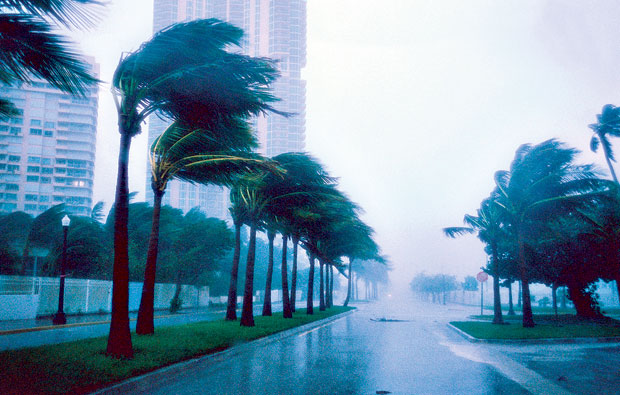Preparing Your Home for the Next Big Emergency
The past few years have shown that natural or man-made disasters can hit any family at any time. Ensuring the personal safety of you and your loved ones is your No. 1 priority, but being prepared for the aftermath by organizing your critical documents and communicating their location to designated individuals can save you problems later on, should the unexpected occur.
Could you locate all your family’s important documents quickly in the event of an accident, evacuation or disaster? Could they find the documents should you be incapacitated or become separated from each other?
If not, it’s a good idea to keep document originals in one location with backup copies stored in at least one additional, equally secure place. A fireand waterproof box that can be locked and is small enough to carry is a good way to keep documents nearby, but safe from damage or theft. A bank safe deposit box is another secure location. Copies can also be stored with a family member or friend.
Critical documents that you should have quick access to include:
• Passports, birth certificates and social security cards
• A list of insurance policies, policy numbers and contact information
• Copies of wills, living wills, power of attorneys and healthcare proxies
• A list of bank, retirement and investment accounts, account numbers and contact information
• Titles to your car or home, and sales receipts or proof of ownership of other high-value items
• A list of loan or debt obligations such as mortgages or credit cards, account numbers, balances and contact information
Other documents to collect, make copies of and store in a central location include medical histories, physicians’ contact information, dental records, past years’ tax filings and Internet account user IDs and passwords.
While paper copies may take up a lot of space, scanning originals and saving them on a portable storage device such as a memory stick or CD-ROM is a convenient alternative.
A videotape — also copied and stored in multiple locations — is a good way to record your material possessions, and it will help you remember everything and prove ownership for insurance claims if your property is destroyed. Be sure to get close-ups of serial numbers and talk about the purchase date and price of each item as you record.
Let a trusted family member or friend know where your important documents are, so they can access them and take action if need be. While no one likes to think about the implications of a personal or community disaster, taking these steps will help you minimize the impact.
For more tips, visit biahawaii.org or the National Association of Home Builders at www.nahb.org.
Karen Nakamura is executive vice president/CEO of the Building Industry Association of Hawaii.
